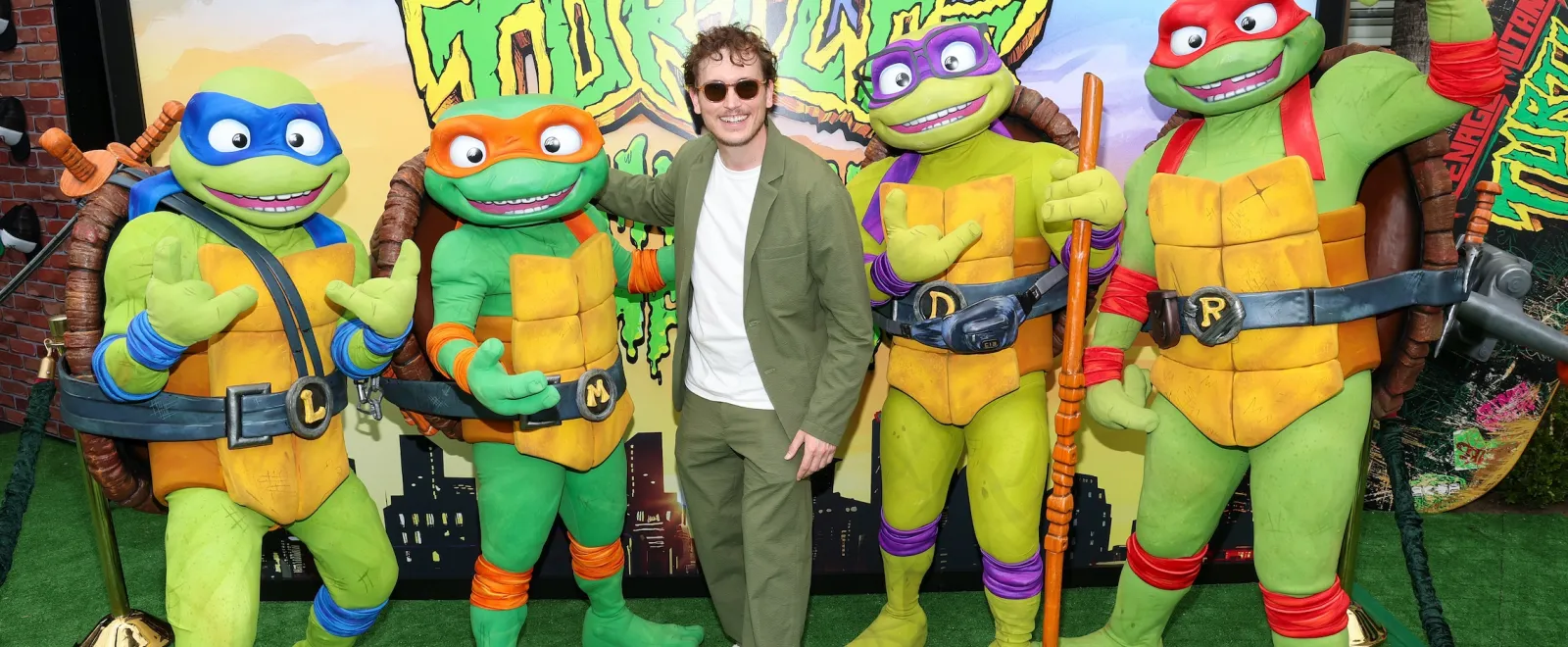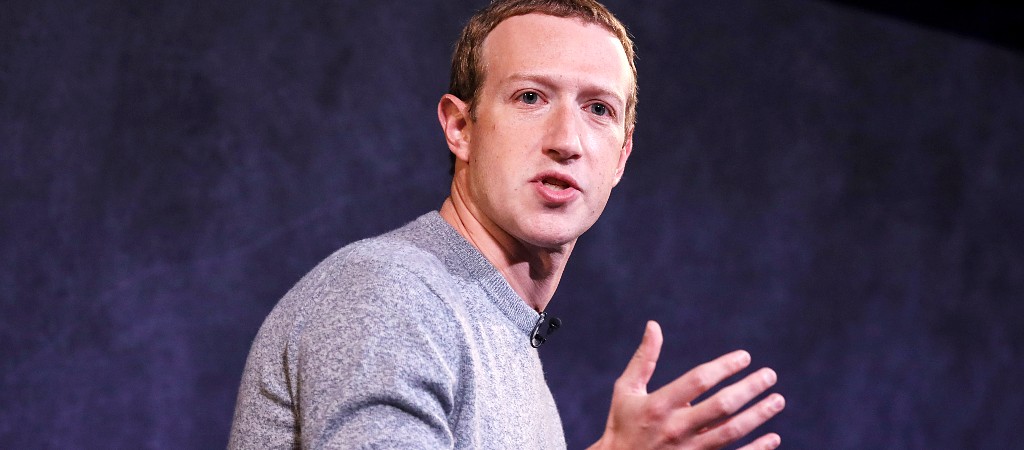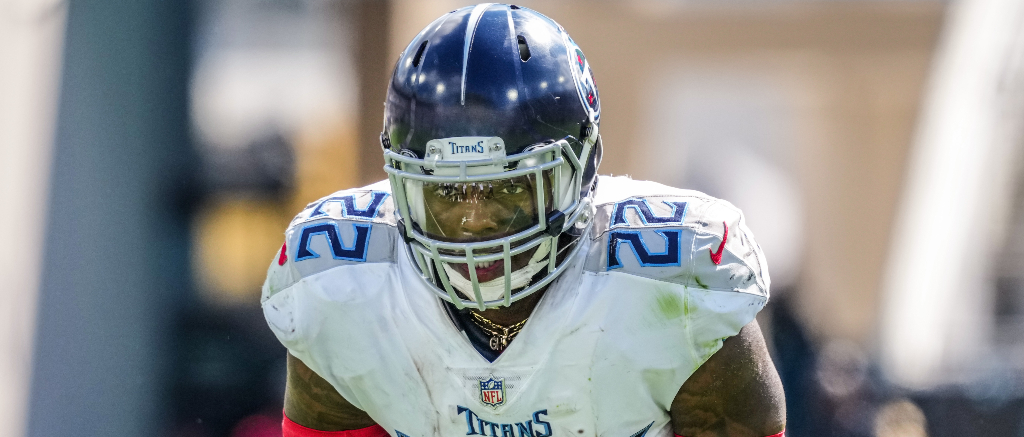On the eve of the release of his new movie, Teenage Mutant Ninja Turtles: Mutant Mayhem, his first as a feature film director, Jeff Rowe seems really happy. He has reason to be: his movie is getting overwhelmingly positive reviews, which isn’t really something that’s normal for a Teenage Mutant Ninja Turtles movie. And he, along with producers Seth Rogen and Even Goldberg, are all already on board for a sequel. And yes, that has to be quite the confidence boost before a first movie is even released. (To the point Rowe described himself as a pitcher throwing a no-hitter, then immediately regretted it because he doesn’t understand sports metaphors and didn’t quite realize what exactly he was saying there and didn’t want to come off too confident.)
Ahead, Rowe takes us through what he felt he needed to do to make this Ninja Turtles movie different than the rest. Which sounds like a lot of, as he says, pouring over every line to make sure everything worked – first and foremost to make a good movie, as opposed to a good Turtles movie. And even though his personal favorite Turtle is Michelangelo, he did feel it was important to finally give Leonardo his due. So, as Rowe says ahead, “Leo’s fans, unite. This is your film.”
I assume you knew you had a good movie, but the critical reception has been overwhelmingly positive and you’ve already been asked to make the sequel…
You hope… I think making a film like this, I think part of what makes it successful and what people are responding to is, we worked so hard for so long and we cared about every scene and every line of dialogue and every shot. And everything in the film is really considered and poured over. And I think audiences can feel that when you put that much work into something. You can tell the people making it are having fun and care about what they’re doing, but you do that for years. You put all this work in and you hope people will like it. And it’s validating.
To that point, the first movie that came out in 1990 is actually pretty interesting. But the rest of the films, I don’t feel like every line was poured over and considered. With this one, it does feel people who actually know these characters are in charge now.
I mean, that’s really what we were going for. And I think, also, the team was brave enough to not stick too much to what had been done before. The goal was to make a great film, not a great Ninja Turtles film. The fact that it’s the Ninja Turtles and it’s about these characters and this lore and this world is secondary to the objective of just making something that’s, I think hopefully, moving and entertaining and artistically daring. And that was kind of the goal. And I think you only get to the end result that we have by being willing to break away from the source material when it’s appropriate and when it makes sense.
When did it make sense to break away from the source material?
Backstory stuff. Sometimes a lot of our early conversations were like, “How do we make this world make sense?” Because there was a logic in the comic and then it shifted a little bit in the TV series and then it was completely different in the live-action movie. And what’s explained in the first episode of the animated TV series, which I watched religiously as a child, is if you touch ooze, you mutate into whatever the last animal was that you touched. The logic is so twisted and weird. And there were things like that we’re like, Okay, we have to just make this make sense and make it feel like these characters exist in the real world that has something believable within physics that we know or movie logic that we’re familiar with. Hopefully to create a foundation that would let audiences relate to the characters and connect with them.
You mentioned “artistically daring.” When the comic first came out it felt weird and cool and kind of violent. This movie has that aspect.
I mean, it’s like the Ninja Turtles have always been kind of anarchic. They’ve always been a little bit more punk rock than the other comics.
Well, especially at first. I feel some of the other movies diluted that a bit, but this movie kind of recaptures that vibe.
Well, I think there’s kind of a shift. It was almost pushing Ninja Turtles to be more like Batman or something, or to be more like other superhero stories and be very self-serious.
Yes.
And part of what I loved about the franchise as a kid is that they were funny. They were teenagers! They disrespected adults! My parents were confused about why I liked it and that made me like it more as a kid because it felt something special. It felt like something that I owned and had a special relationship with. And I think you only get that through a reverence and wackiness, and this kind of gonzo, grotesque, inventive art style. And when we were sitting down to do this and we’re like, “Well, Spider-Verse looks really cool. It’s really slick and polished.”
And you just worked with Phil Lord and Christopher Miller on Mitchells and the Machines.
Yeah, yeah. It’s like I kind of knew what those technological tools were and how you can make something look like that. And we’re like, “Well, that’s not these characters and that’s not the vibe that we’re going for.” And making something that was slick and polished wouldn’t tell the story as effectively as making something chaotic and surprising. And we just tried to have the visual style echo that as much as possible, because that’s also what it feels like to be a teenager. It’s kind of an esoteric thing to say, but it’s a confusing time. Your thoughts change a lot rapidly. You’re heavily influenced by the opinions of others. You can be mercurial when you’re a teenager.
Oh, we can all still be mercurial.
Yeah, no, but I feel like that’s when you start becoming that. You’re like, “Wait, maybe I don’t want to be happy all the time.” You’re able to label more complex emotions. And it’s messy. It’s a messy time. And it felt like it deserved a messy art style.
Who was your Turtle?
Michelangelo.
Okay.
I was a Donatello as a kid who just so desperately wanted to be a Michelangelo because he was the funniest one.
Everyone loves Michelangelo and everyone loves Raphael. And I feel Donatello is kind of the George Harrison of the group, where it’s cool to like him. I’m the weirdo who always loved Leonardo. And there’s never been a good Leonardo movie until this one. You finally made one.
Well, that was the thing, because leader characters are hard and usually the most boring character. Like the Red Power Ranger sucks. He is the least interesting of the Power Rangers. Leo is generally the least interesting Turtle. And anytime you have a character that’s like, “Hey guys, let’s follow the rules,” you as an audience member hate that character.
But you cracked it. Leonardo is still a teen and he’s conflicted between Splinter and what the other Turtles want. And this one, he has a love interest. So he’s got all this stuff going on.
We wanted to do right by him as a character and we wanted him to feel like he tries really hard and he really cares. And if he’s the one who’s most loyal to Splinter’s dogma – him being pulled away; being equally and oppositely pulled away into the world of humans is interesting and gives him complex choices to make. And also just feels like real people that I have known in my life, where you’re all about this one thing. And then all of a sudden something else comes along, and you’re like, “All right, I don’t believe in what my family does anymore. I’m into this now.”
I tweeted that this is a good Leo movie and the very few of us seemed excited.
Leo’s fans, unite. This is your film.
When did you find out they wanted you for the sequel? Because that’s got to be quite a confidence boost before this movie even comes out.
I mean, I think Paramount, in rebooting a franchise this big, the hope is that it goes well enough that you can turn this into a whole decade’s worth of films and TV and products. That’s the business model, but you never know. It could take off, or it could flop. And I think halfway through making the film, we had done enough internal screenings that they’re like, “Okay, this is good. This could be good, this could be a hit.” And then I think within the last year, they started to get serious about it and it was kind of just like, if the pitcher is throwing a no-hitter, don’t take him out of the game. You’re not going to find someone other than Seth and Evan to produce it.
You felt like you were throwing a no-hitter?
I shouldn’t say that! I shouldn’t say that. Yeah, yeah, yeah. That’s the wrong analogy…
“I am so on my game right now. Of course, I’ll be back.”
I don’t pay attention to sports, so I can’t make sports metaphors, but it was going good. The team was delivering in a way and we were all getting along with each other and still are. I think they’re like, “Okay. If this team is producing this, let’s make another one and let’s try to keep it the same team.” Me and a lot of the artists were open to that. Seth and Evan were open to it. Actually, is this a spoiler interview, or a non-spoiler interview?
[So, for now, we are keeping this a non-spoiler interview, but we’ll have what Rowe says about the end of Mutant Mayhem and what’s in store for the sequel after the film hits theaters.]
You can contact Mike Ryan directly on Twitter.
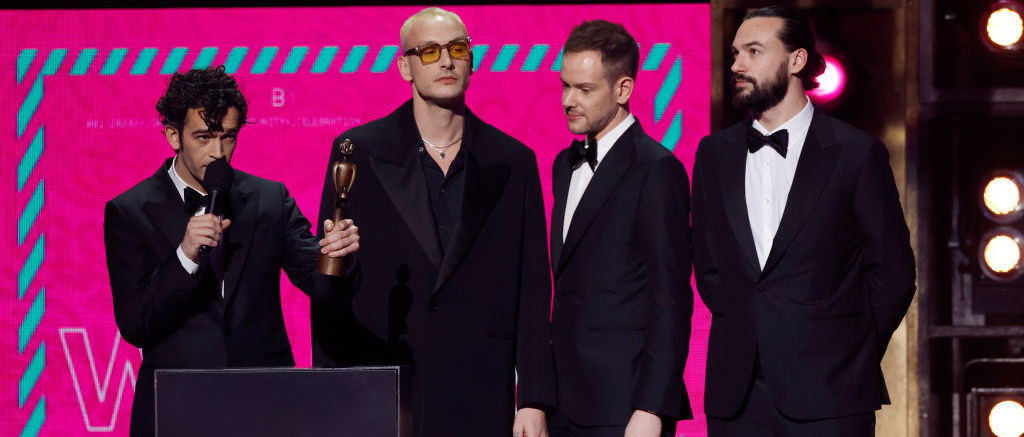

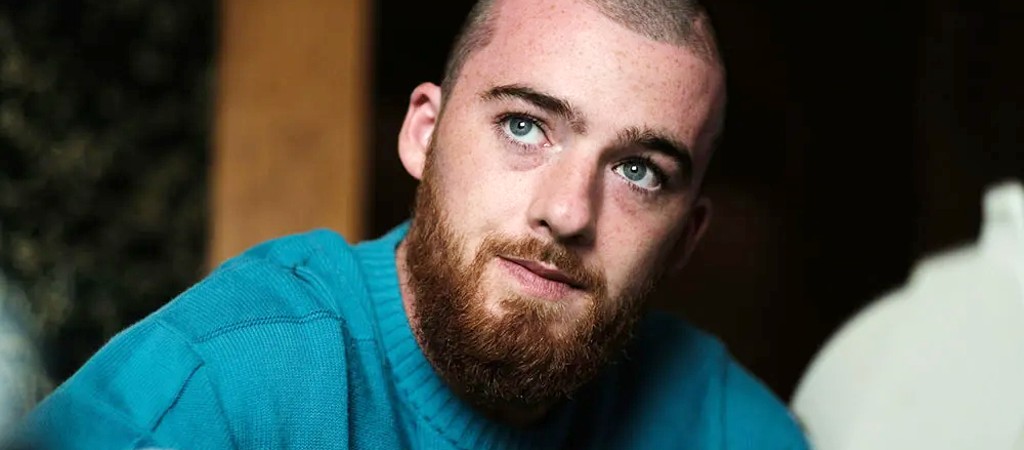



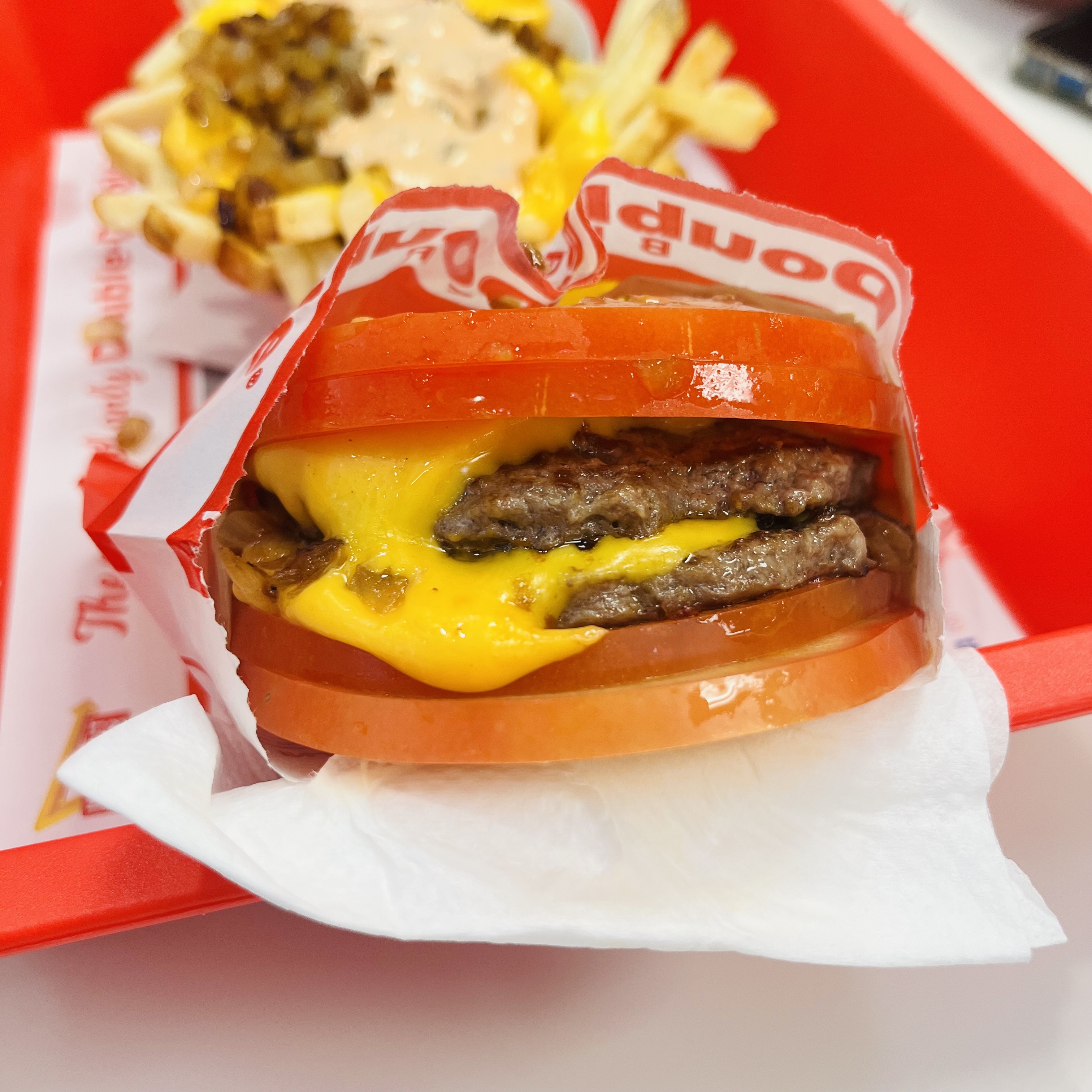

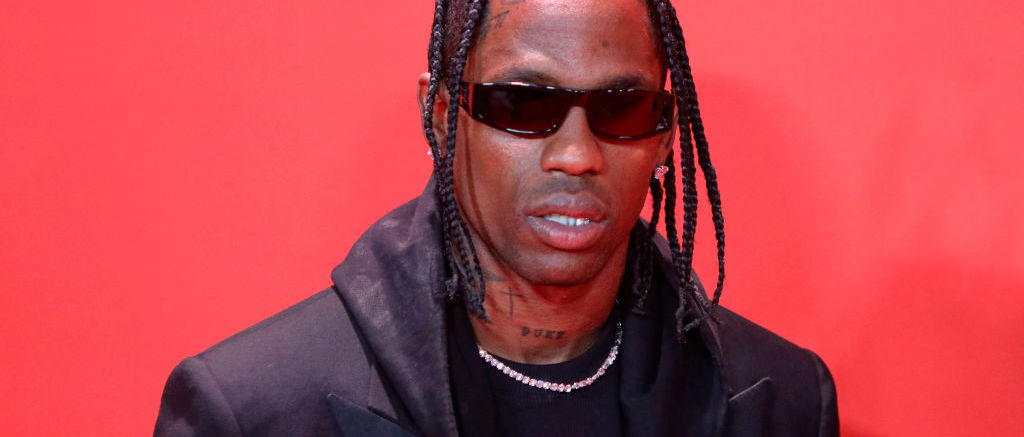
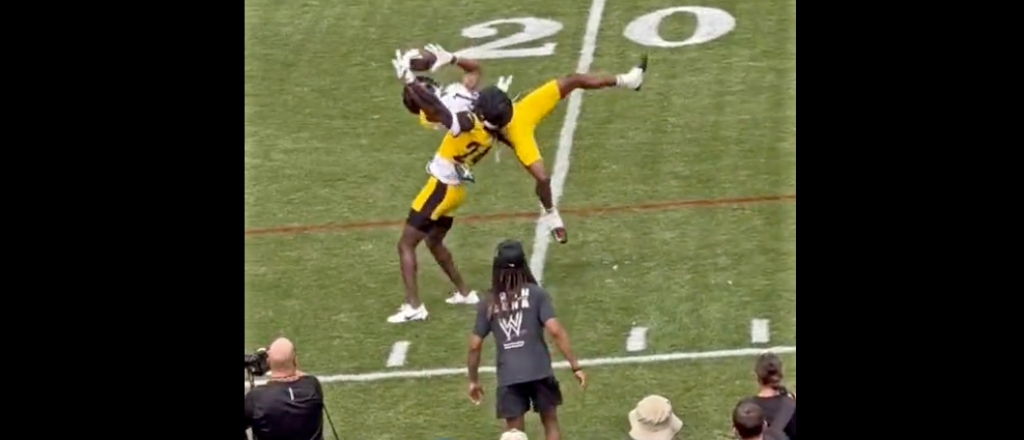
 (@Mazursky8895)
(@Mazursky8895) 